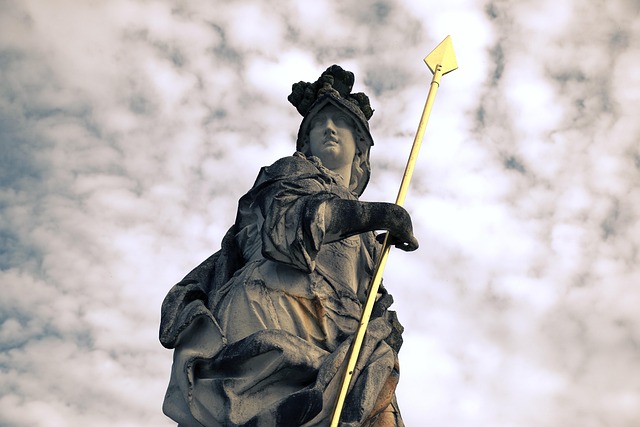The exploration of ancient religions offers us a fascinating glimpse into the minds and values of past civilizations. Among the pantheon of deities revered by the Romans, Minerva stands out as a figure of intellect, wisdom, and strategy. Often associated with the Greek goddess Athena, Minerva transcended the role of a mere deity and became a symbol of the higher virtues that were esteemed by the Roman people.
Minerva embodied the divine wisdom that guided many aspects of daily life. As the goddess of wisdom and warfare, she was often invoked in matters of statecraft and intellectual pursuit. This duality reflects a deep understanding of how these elements were intertwined in ancient society. The Romans recognized that wisdom was not only important for philosophical reasoning but was also crucial in the art of war. In a society that valued both intelligence and martial prowess, Minerva became the embodiment of these ideals.
Her temples, like the one on the Capitoline Hill, were centers of learning and deliberation, where statesmen and scholars alike would gather to seek her favor. Minerva’s influence extended beyond the battlefield; she was also associated with artisans and craftspeople, highlighting her role as a patron of the arts and innovation. This connection to creativity and skill positioned her as a vital force in the Roman economy and culture.
Moreover, Minerva’s presence in literature and mythology resonates with the moral and ethical dilemmas faced by individuals. Stories of her guidance often illustrate the importance of wise decision-making, not just in the context of war, but in everyday life. Her interactions with heroes of myth suggest that wisdom is a virtue that could be cultivated, a theme that remains relevant today.
The reverence for Minerva illustrates a collective aspiration for clarity of thought and discernment. As we reflect on her role in ancient religion, we also think about the qualities of wisdom and intelligence in our own lives. In an age dominated by information overload, the appeal of Minerva’s wisdom feels prescient, reminding us to approach challenges with a reflective and strategic mindset.
Minerva’s legacy serves as a timeless reminder of the power of knowledge, strategy, and the pursuit of understanding. Today, as we navigate a complex world, we can draw inspiration from her example, reminding ourselves that true wisdom goes beyond mere knowledge; it encompasses a deep engagement with the world around us. The spirit of Minerva remains alive in our quest for clarity and purpose, urging us to seek knowledge and apply it wisely.
In exploring the role of Minerva within the framework of ancient religion, we uncover not only a goddess of wisdom but also a mirror reflecting our own values and aspirations. Just as the Romans turned to the divine for guidance, we too can look to the past to inform our understanding of the present and future.




